

Back Pain
Since back pain is the leading cause of disability worldwide, it is vital to know how to prevent the cause of back pain. By maintaining a healthy diet and weight, remaining active and avoiding prolonged inactivity or bed rest are all important ways to avoid back pain. Before doing exercises or any physical activity, it is recommended to warm up and/or stretch.

Arthritis
Arthritis, or joint pain or joint disease, is the leading cause of disability in America. More than 50 million adults and 300,000 children are suffering from some type of arthritis. Common symptoms include swelling, pain, stiffness, and decreased range of motion. Severe arthritis can result in chronic pain, inability to perform normal day-to-day activities, and has the potential to cause permanent joint damage.
To determine whether or not you may be suffering from arthritis or to determine the severity, your medical professional will perform blood tests and conduct an imaging scan (ie: x-ray, CAT scan or MRI). Eating healthy, staying active, and understanding your type of arthritis and treatment options are crucial to decreasing your discomfort and paving the way for an enjoyable, happy life.
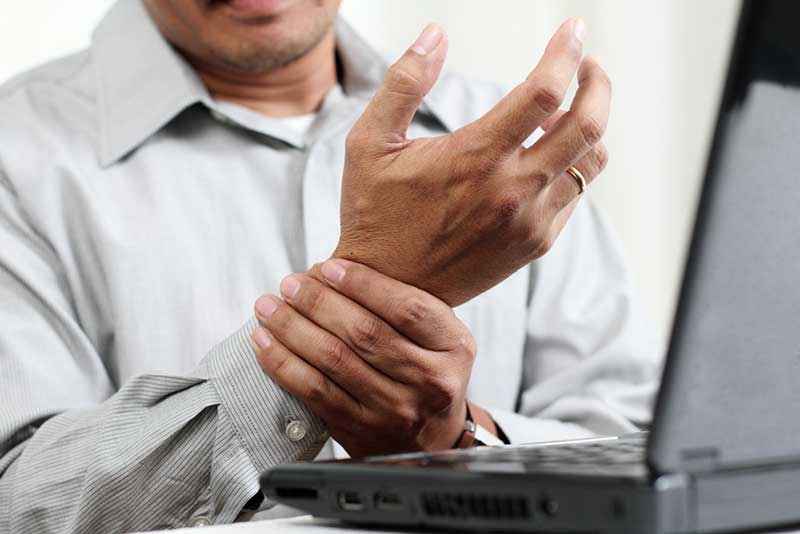
Carpal Tunnel Syndrome
CTS is a problem of the median nerve which runs from the forearm into the hand. When there is excessive pressure in the wrist, it causes swelling of the median nerve. This small area called the carpal tunnel is a narrow tunnel at the wrist made up of bones, soft tissues, nerves, tendons, ligaments and blood vessels. When the median nerve which runs through this tunnel gets compressed it causes pain, weakness, numbness or tingling in the hand and wrist which radiates into the forearm. The carpal tunnel is the most common area that gets compressed in both the hands and feet.
CTS should be diagnosed and treated early. During your consultation, you will receive a standard physical examination of the hands, arms, shoulders and neck to help determine if your symptoms are related to daily activities or to an underlying disorder. Our highly skilled chiropractor will also utilize other orthopedic tests to try to produce the symptoms of carpal tunnel syndrome. Laboratory tests and x-rays can reveal diabetes, arthritis, fractures, and other common causes of wrist and hand pain.

Pinched Nerve
A pinched nerve can happen in a variety of places throughout the body with some of the most common being the lower spine, wrists, neck, and legs. A pinched nerve occurs when the muscles or tendons around the nerve are inflamed, putting pressure on the nerve and either causing pain or even numbness throughout the extremities related or attached to this affected nerve.
Your pinched nerve may be caused by different physical conditions such as carpal tunnel or a herniated disc. Though pinched nerves can be painful, the majority of patients find that their pinched nerve(s) goes away on its own.
If the pinched nerve does not resolve itself and you have persistent pain that lasts for more than a few days, you should seek medical attention by scheduling an appointment at Total Life Chiropractic with our chiropractor. This is especially true if you’ve tried at-home treatments but feel like your pain is worsening as time progresses. With pinched nerves, it’s important to seek medical attention in order to identify the underlying cause of the pinched nerve to ensure it doesn’t happen again.
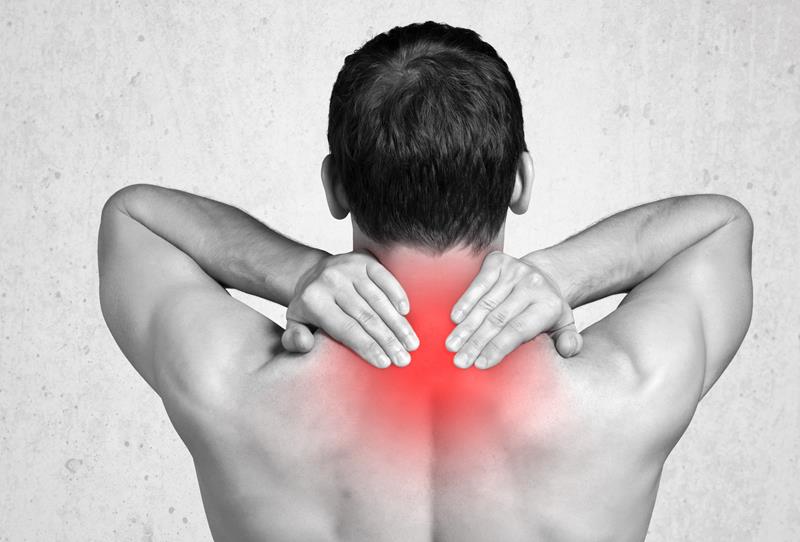
Neck Pain
The neck, also called the cervical spine, begins at the base of the skull and contains seven small vertebrae. The cervical spine supports the full weight of your head which is on average about 12 pounds. While the cervical spine can move your head in nearly every direction, this flexibility makes the neck very susceptible to pain and injury.

TMJ
TMJ is an abbreviation for the temporomandibular joint which connects the mandibular, or your lower jaw, to the temporal bones of the skull. The TMJ is one of the more unique joints within your body as it allows you to move your jaw forward, backward, and side to side so that you can chew, talk, sing, yawn, and more. This joint can be found just in front of your ears on both sides of your head.
Any problem with the muscles, ligaments, discs, bones, or the joint itself are known as temporomandibular disorders or TMD and refers to the actual disorder, where the jaw joint is misaligned and causing problems such as pain, inflammation, and inability to move or operate the jaw. However, these problems or conditions are often incorrectly called by the joint name of TMJ instead.

Shoulder Pain
Shoulder pain is a very common condition and affects almost half of the U.S. Most patients feel some sort of pain, limited range of motion, an inability to engage in activities of daily living (ADL) or something more serious as a permanent disability.
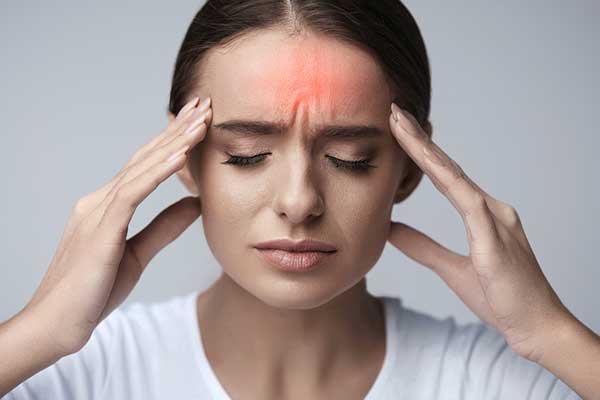
Headaches/ Migraines
Nine out of ten Americans say that they suffer from headaches. Some of these people experience headaches frequently. Some experience constant headaches that are very painful. These can even make a person nauseous. Ninety-five percent of headaches are tension, migraine, or cluster headaches. These types of headaches are not caused from a disease, but from something in your body that is not sitting correctly.
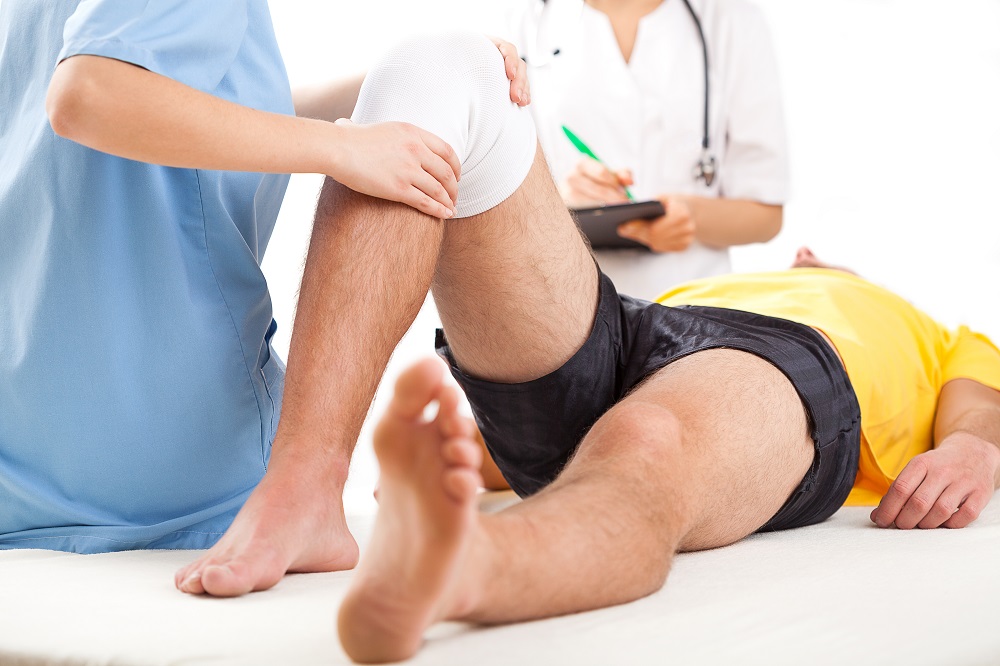
Sports Injury
Sports can be very taxing on your body, no matter what you play. Our trusted staff will work with you to get to the root of your problem and help you feel better again. We help treat and also prevent injuries in the neck, back, shoulders, knees, and ankles. We are able to manually adjust your spine, relieving any pain that you are feeling. This will allow your body to function much better after the injury.

Auto Injuries
Even a “minor” crash can result in serious injuries like ligament sprains. This can lead to chronic pain and disability if not treated properly. In fact, research shows that early treatment is the best way to prevent long-term symptoms. Chiropractic adjustments are effective because they help restore the healthy, normal function of your nervous system without the use of drugs or surgery.
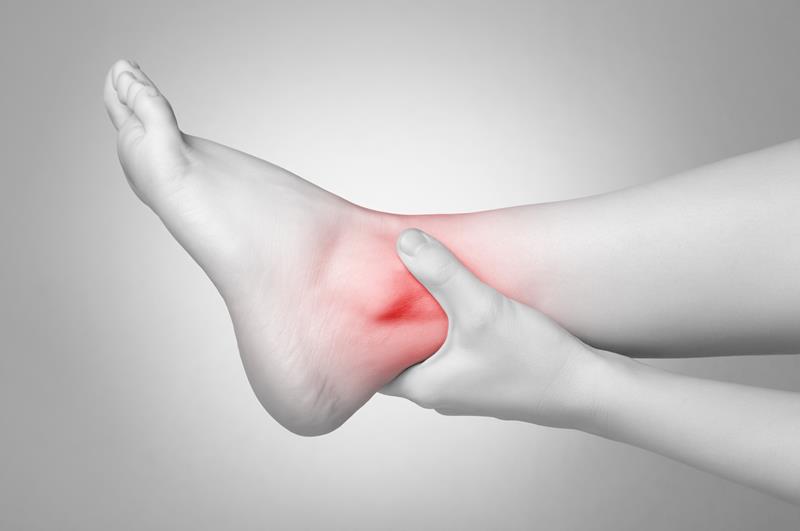
Neuropathy
Neuropathy is a medical condition caused by damaged nerve cells and often associated with autoimmune diseases, infections, diabetes, tumors, or hereditary conditions. Peripheral neuropathy currently affects over 20 million people in the United States with symptoms ranging from tingling or burning pain and nausea to muscle spasms, difficulty moving your arms or legs, or atrophy.
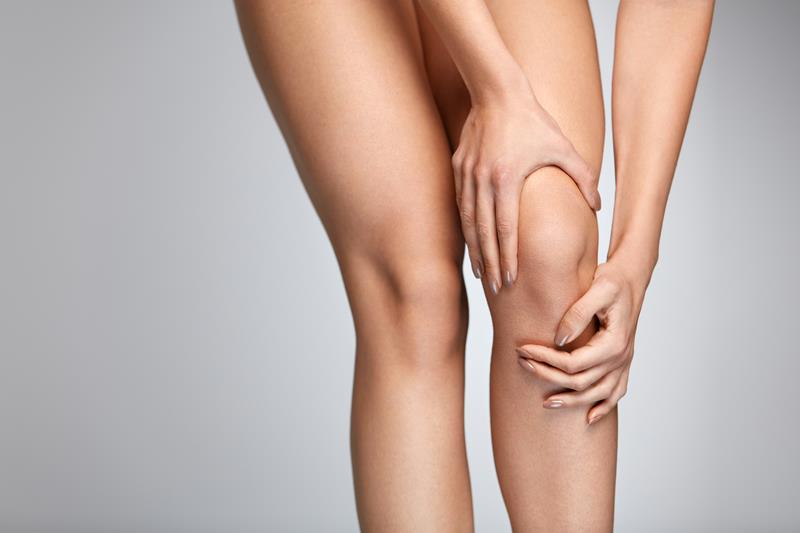
Knee Pain
Knee pain is increasingly becoming a more common problem in society. It is a complaint we see frequently. The most common complaint associated with knee pain is considered the normal “wear and tear.” Another ailment that affects the knee is osteoarthritis. The symptoms and progression of osteoarthritis and knee pain can be reduced through our individualized approach to chiropractic care.

Sciatica
Sciatica is characterized by pain in the lower back that radiates down one or both legs. The pain is described as dull, achy, sharp, like “pins and needles” or similar to electric shocks. Other symptoms associated with sciatica include burning, numbness and tingling sensations. Sciatic nerve pain varies in intensity from mild to severe, and frequency may range from occasional to constant. The onset is generally gradual and not necessarily associated with a previous event. Sciatica is also known as radiating or referred pain, neuropathy, or neuralgia.

Personal Injury
Our goal is to help you receive the proper care after a personal injury, auto accident or fall. Our staff is devoted to helping you obtain the most comprehensive treatments and the care you deserve, so you may maintain your quality of life after an injury and can begin to feel like yourself again.
Too often, individuals involved in an auto injury or wreck have minimal or no symptoms until several weeks after the auto accident. That is where the professionals at Total Life Chiropractic come in, and can assist you with all aspects of auto accident personal injury recovery.

Vertigo
Vertigo is the feeling that you are moving when you’re not. This sensation can be triggered by movements such as turning your head too quickly or looking down from a great distance, but it is ultimately caused by problems in the inner ear, brain, or brainstem. There are two different forms of vertigo with each stemming from various medical issues: peripheral vertigo and central vertigo.
Peripheral vertigo results in a problem with your inner ear and thus your balance, while central vertigo occurs when your brain or brainstem are suffering from a disease originating from your central nervous system (CNS). Peripheral vertigo is typically more severe, and central vertigo is more gradual in its onset. Regardless of the type of dizziness you are experiencing, more than likely, your quality of life is suffering because of it.

Degenerative Disc Disease
Degenerative disc disease is when natural changes in the discs of your spine cause pain. The discs between vertebrae act as shock absorbers for your spine, and as you age, they begin to lose flexibility. While this is a normal part of aging, it should not cause pain. If you experience pain due to this, it is classified as degenerative disc disease.
Each disc is composed of a sturdy outer wall and a soft, gel-like inner core. When we are born, these discs are primarily composed of water, but as age advances, the discs lose some of this water content and begin to get thinner. As you might imagine, this means each disc doesn’t absorb the shocks of everyday life as well.
